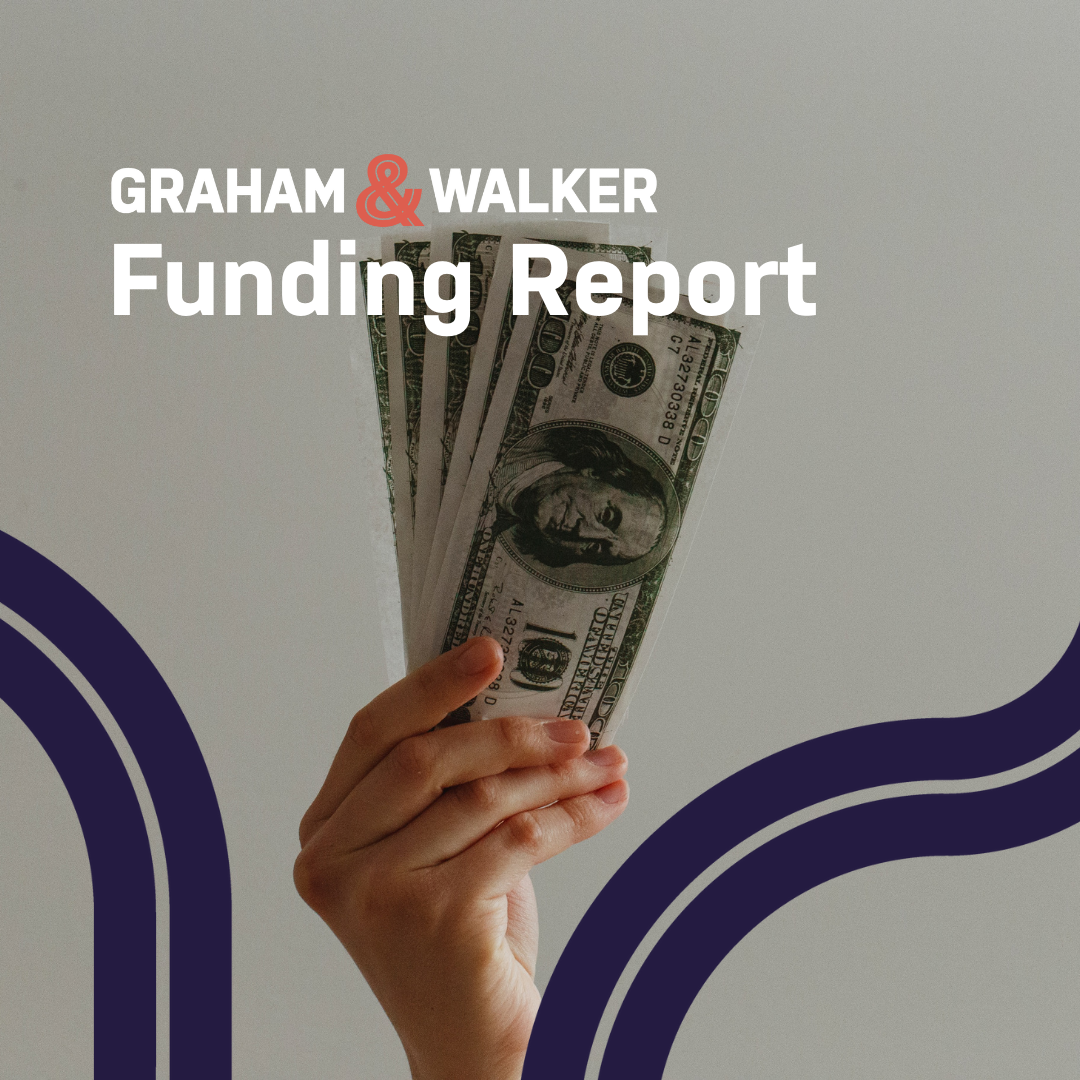Yoko Okano, Angel investor and Founding member of Grubstakes, won The Investor award at our 2019 Champion Awards. From majoring in music history to funding great founders solving big problems, she leverages a varied set of skills and tools to help bring more diversity and equity into the startup landscape.
Tell us about the professional journey that took you where you are today. What major lessons did you learn along the way?
I didn’t plan on getting into investing, much less tech. I was a music history major and played taiko (Japanese drums) professionally in Hawaii after college. I transitioned into tech after moving back to the Bay Area and spent 8 years at Google and helped launch Google eBooks in 13+ countries. In both my operations and strategic partnership roles, I served as a liaison between external and internal stakeholders, learning the valuable skill of translating across disparate groups. I spent time at 2 early-stage Seattle startups in product roles before transitioning to angel investing full-time last year. One of the major lessons that I learned comes from a concept that is ingrained in the taiko community. One of my teachers, PJ Hirabayashi, shared this concept of approaching her craft each day with a “beginner’s mind.” I reference this now as an angel investor because there is always something to be learned from a founder or company. There is always more nuance or depth to be uncovered.
What motivates you?
I’m motivated by the idea of making the angel investing space more welcoming to investors of different backgrounds. Because I come from a totally different context, I feel like I am always playing catch-up with regard to content knowledge in the investing space. But being in the space now, I know that I can share the knowledge that I have picked up and help others ramp up more quickly. I’m a trainer and documenter by nature and have really enjoyed opportunities to share the resources I’ve found with others.
What do you look for in a potential investment?
Like most angel investors, I look for great founders solving big problems. Sarah Imbach said that she asks whether the founding team is the one that she would hire to solve the problem. This lens speaks to whether the team has enough relevant experience in the industry, as well as some of the grit needed to actually solve the problem. Of course, the problem has to be interesting and big, but otherwise, I consider myself fairly industry-agnostic. In addition, my partner and I invest together, and we come from very different academic disciplines. Although we share a passion for great teams, he is a software engineer and data scientist and I have a product background. This difference in our perspective is quite helpful in making sure we don’t limit ourselves by our individual biases. I get most excited about companies where we approach a company from our different perspectives and we both feel good about a team and the problem/market they’re approaching.
How do you find and curate your deal flow? What are the most effective ways for a founder to connect with you?
Participating in groups like Grubstakes allows me to expand my network and deal flow beyond just me. I appreciate the diversity of networks and experiences that the members of the groups bring to the table because it helps me look at and evaluate deal flow that is different from my own network and experiences. It can be helpful for a founder to connect with me through someone in my network, but only if it’s an authentic relationship. For cold emails, I would just say that it’s helpful to know if you see a good match with my investment portfolio/professional experience and what you’re working on.
What are the major trends you are seeing in your investment space?
One thing I’m excited about is seeing more VC firms interested in investing in Seattle. Hopefully this makes the leap from a founder’s angel round to the next round a bit smoother.
What are a few of the investments that you are the most proud of, regardless of the company’s success?
The Invio team stands out for their cohesiveness and preparedness. It’s been really wonderful seeing how the team and product have continued to mature and they seem to always be learning and growing. Really inspiring to watch. RideAlong’s founders to me were exemplary in their customer development work. I’m proud of the work they did and can’t wait to see what the founders do next. We’re really lucky to have gotten into a later round for Gusto. The company has made amazing progress, but I’m also really proud of how they’re addressing diversity issues, especially in Engineering. And of course, The Riveter, is one that I’m especially excited about. Amy Nelson and her team are certainly providing great spaces that are welcoming to all, but the focus and community they are building around the issues that women, especially mothers, in the workplace face is much needed.
What do you wish founders knew about before meeting you and other investors? What about female founders specifically?
This is for founders more generally – It’s really helpful to have a sense of what the person across the table from you is excited about. What do they invest in, what is their background? Or at the very least, get a better sense of this during the conversation.

